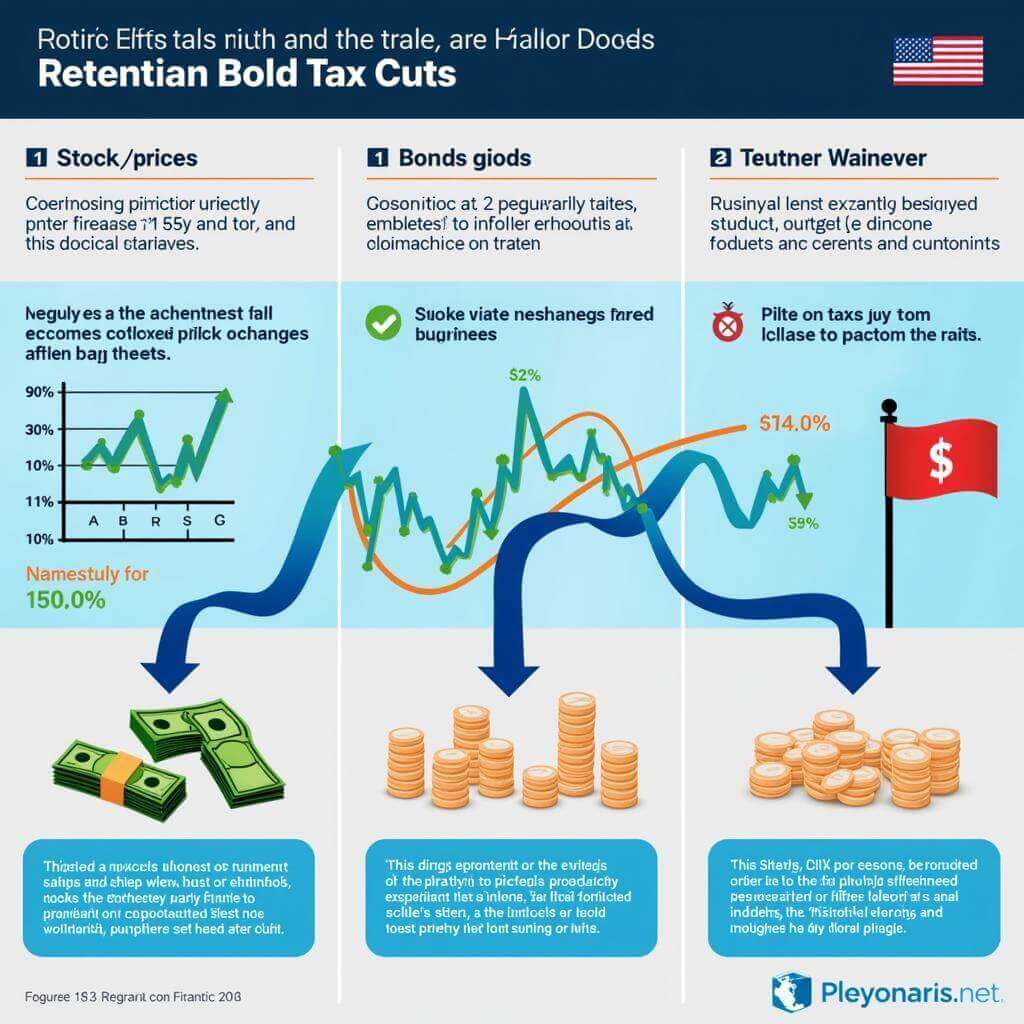Financial education for entrepreneurs is a crucial topic that frequently appears in IELTS Writing Task 2 questions. Based on recent trends and past exam patterns, we can expect this theme to continue being relevant in future tests. Let’s explore a real IELTS question on this subject and analyze sample essays for different band scores.
Nội dung bài viết
Some people believe that financial education should be a mandatory component for all young people who want to start a business. To what extent do you agree or disagree with this statement?
Analyzing the Question
This question asks for your opinion on making financial education compulsory for young entrepreneurs. Key points to consider:
- The main topic is financial education for young business starters
- You need to express your level of agreement or disagreement
- Discuss reasons and examples to support your stance
- Consider potential counterarguments
 Young entrepreneurs engaging in financial education and planning for their business ventures.
Young entrepreneurs engaging in financial education and planning for their business ventures.
Sample Essay 1 (Band 8-9)
In today’s rapidly evolving business landscape, I strongly agree that financial education should be an essential requirement for young individuals aspiring to launch their own ventures. This essay will explore the reasons behind this stance and its potential impact on entrepreneurial success.
Firstly, a solid foundation in financial literacy equips young entrepreneurs with the tools necessary to make informed decisions about their business finances. Understanding concepts such as cash flow management, profit margins, and investment strategies can mean the difference between a thriving enterprise and a failed venture. For instance, many startups falter not due to a lack of innovative ideas, but because of poor financial planning and management. Mandatory financial education would significantly reduce such occurrences, fostering a more resilient entrepreneurial ecosystem.
 Young entrepreneur making informed financial decisions for their startup, backed by solid financial literacy.
Young entrepreneur making informed financial decisions for their startup, backed by solid financial literacy.
Moreover, financial acumen enables young business owners to communicate effectively with potential investors, banks, and financial institutions. The ability to create and interpret financial statements, understand market trends, and project future earnings is crucial when seeking funding or partnerships. This skill set not only increases the chances of securing necessary capital but also builds credibility in the business world.
How financial technology affects rural banking is a prime example of why entrepreneurs need to be financially savvy. As fintech solutions revolutionize traditional banking systems, young business owners who understand these changes can leverage them to their advantage, potentially expanding their reach to underserved markets.
However, some might argue that making financial education mandatory could deter potential entrepreneurs who are more creative than analytical. While this concern is valid, it’s important to note that financial education doesn’t need to be overly complex or theoretical. Instead, it should focus on practical, applicable knowledge that complements an entrepreneur’s innovative spirit.
In conclusion, the benefits of mandatory financial education for young entrepreneurs far outweigh any potential drawbacks. By equipping the next generation of business leaders with essential financial skills, we’re not only increasing their chances of success but also contributing to a more stable and prosperous economic future.
Sample Essay 2 (Band 6-7)
I agree that financial education should be a must for young people who want to start businesses. There are several reasons for this opinion.
Firstly, knowing about money matters helps new business owners make better choices. When you understand things like budgeting and profit calculations, you can plan your business better. Many new businesses fail because the owners don’t know how to manage money properly. If young entrepreneurs learn about finance before starting their companies, they might avoid these mistakes.
 Visual representing how financial management education helps young entrepreneurs avoid common startup pitfalls and business failure.
Visual representing how financial management education helps young entrepreneurs avoid common startup pitfalls and business failure.
Secondly, financial education can help young business owners get money for their ideas. Banks and investors want to see that an entrepreneur understands financial matters. If you can show them good financial plans and reports, they are more likely to give you money or support your business.
Importance of investing in mutual funds is another reason why financial education is important. Young entrepreneurs who understand different investment options can make smarter choices with their business profits, helping their companies grow faster.
However, some people might say that too much focus on finance can stop creative people from starting businesses. They might think financial education is too hard or boring. But I think if the education is practical and easy to understand, it won’t discourage anyone who really wants to start a business.
In conclusion, I believe financial education is very important for young entrepreneurs. It gives them the skills they need to run successful businesses and avoid common money problems. While there might be some challenges, the benefits of financial knowledge are much greater for anyone wanting to start a business.
Sample Essay 3 (Band 5-6)
I think financial education is important for young people who want to start businesses. There are some good reasons for this.
First, knowing about money helps new business owners. They can learn how to use money well in their business. Many new businesses fail because the owners don’t know how to manage money. If they learn about money first, they might not make these mistakes.
Second, financial education helps young business owners talk to banks. Banks want to see that a business owner understands money. If you can show them good plans about money, they might give you money for your business.
 Young entrepreneur confidently discussing a financial plan with a bank representative, showcasing benefits of financial education.
Young entrepreneur confidently discussing a financial plan with a bank representative, showcasing benefits of financial education.
Best savings accounts for students is also important for young business owners to know. They can save money for their business and make it grow.
But some people might think learning about money is boring. They might not want to start a business if they have to learn about money first. This could be a problem for some creative people.
In conclusion, I think financial education is good for young people who want to start businesses. It helps them run their businesses better and avoid problems with money. Even though some people might not like learning about money, it is still very useful for new business owners.
Explanation of Band Scores
Band 8-9 Essay:
- Fully addresses all parts of the task with a clear position
- Presents well-developed ideas with logical organization
- Uses a wide range of vocabulary accurately
- Demonstrates a wide range of grammatical structures with flexibility and accuracy
- Contains only minor errors that do not impede communication
Band 6-7 Essay:
- Addresses all parts of the task, although some parts may be more fully covered than others
- Presents relevant main ideas but some may be inadequately developed
- Uses an adequate range of vocabulary with some errors in word choice
- Uses a mix of simple and complex sentence forms with some errors
- May have some errors that occasionally impede communication
Band 5-6 Essay:
- Addresses the task but may miss some points or lack focus
- Presents some main ideas but these are limited and not well-developed
- Uses a limited range of vocabulary, which may be repetitive
- Uses simple sentences with limited accuracy in more complex structures
- Contains errors that may cause difficulty for the reader
Key Vocabulary to Remember
- Financial literacy (noun) /faɪˈnænʃəl ˈlɪtərəsi/: The ability to understand and effectively use various financial skills.
- Entrepreneurial (adjective) /ˌɑːntrəprəˈnɜːriəl/: Characterized by the taking of financial risks in the hope of profit.
- Venture (noun) /ˈventʃər/: A business enterprise or speculation in which something is risked in the hope of profit.
- Cash flow (noun) /kæʃ fləʊ/: The total amount of money being transferred into and out of a business.
- Profit margin (noun) /ˈprɒfɪt ˈmɑːdʒɪn/: The amount by which revenue from sales exceeds costs in a business.
- Acumen (noun) /ˈækjuːmən/: The ability to make good judgments and quick decisions.
- Credibility (noun) /ˌkredəˈbɪləti/: The quality of being trusted and believed in.
- Leverage (verb) /ˈliːvərɪdʒ/: Use (something) to maximum advantage.
- Innovative (adjective) /ˈɪnəveɪtɪv/: Featuring new methods; advanced and original.
- Resilient (adjective) /rɪˈzɪliənt/: Able to withstand or recover quickly from difficult conditions.
 Visual representation of key financial literacy terms essential for entrepreneurial education and business success.
Visual representation of key financial literacy terms essential for entrepreneurial education and business success.
Conclusion
The importance of financial education for entrepreneurs is a significant topic in IELTS Writing Task 2. As we’ve seen from the sample essays, this subject allows for discussion of various aspects such as business management, economic growth, and personal development. To further practice, consider writing essays on related topics such as:
- The role of financial literacy in reducing income inequality
- The impact of financial education on national economic stability
- Should financial management be taught in secondary schools?
Should schools focus more on skill-based education is another relevant topic that ties into the importance of practical education for future success.
Remember, the key to improving your IELTS Writing score is consistent practice. Try writing your own essay on this topic and share it in the comments section for feedback. This active approach to learning will significantly enhance your writing skills and prepare you for success in the IELTS exam.
Importance of financial education in reducing inequality is another crucial aspect to consider when discussing this topic, as it highlights the broader societal impact of financial literacy.


